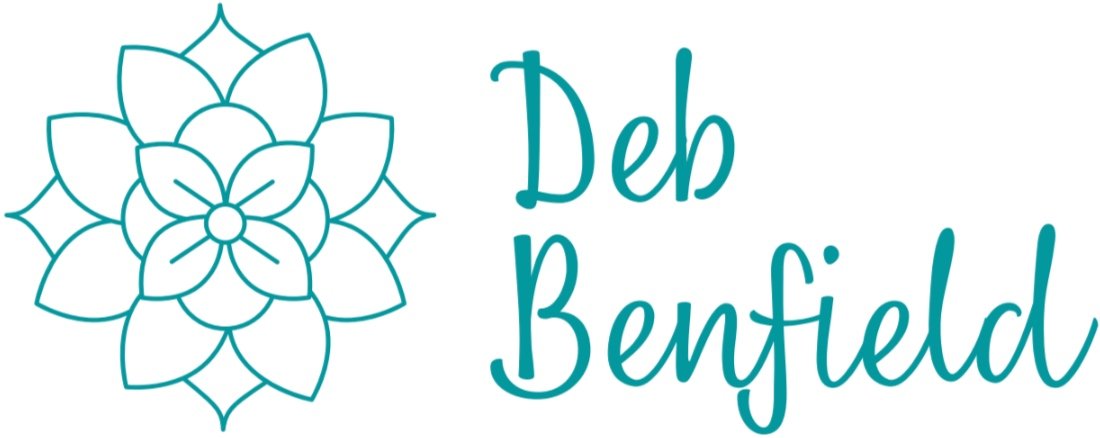
Words for women in midlife+ on their way home to body partnership
Aging with Body Liberation
Is Growing Older Making You Feel Vulnerable (to the diet/wellness culture mess)?
Other than the obvious health fears and concerns, why are we MORE vulnerable to diet and wellness culture as we age? Let's get into it.
We live in a culture with a clear body hierarchy. Youth is highly valued, and as we get older, we feel less relevant.
Our culture also values thin and fit/able bodies.
The Beauty of Body Liberation in Aging
Please hear me-you are the expert on your body, and I respect and affirm that. I trust that you know what is best for you.
If you have a health concern or medical diagnosis impacted by your eating, this does not mean you cannot pursue body liberation. Being anti-diet/wellness doesn't mean you have to eat all foods. It means you get to make choices about how you nourish and care for your body that is rooted in your attunement with your body, not diet/wellness culture rules. Discovering this sweet spot is a game-changer!
Your Body is Still Waiting for Your Kind Attention
Midlife means Change. Heck, menopause was actually called "The Change" when I was a kid. Most of what is familiar in your life, including your body, begins to shift under your feet. Most, if not all, of these changes, are outside your control.
What Does Body Confidence Look and Feel Like As We Grow Older?
The last thing we need is societal pressure to manipulate our behaviors in order to stop the natural changes in our bodies. Instead of feeling pressured to freeze our bodies in time, wouldn't it be liberating and comforting to hear:
Life is long; bodies change, and that's okay. We have to remind ourselves and one another of this truth.
Disordered Eating in Midlife + Women is Hiding in Plain Sight
Lapsing into your old ED thoughts and behaviors is understandable.
What's different this time? You may feel like your ED behaviors are hiding in plain sight. No one seems to notice; it is your secret.
Eating disorders in midlife and beyond are rarely recognized as the serious problem they are for several reasons:
Aging and Body Grief
Body Grief is a term that describes intense sadness when our bodies change, which revolves around a deep sense of loss. Coping with this grief means mourning, and eventually letting go of attachment to the bodies we once had or our appearance and body function from an earlier time in our lives.
It is common to experience yourself just as you did at a much younger age or during a different period of your life. When you see your reflection in a mirror or your image in a photograph, it can be jarring and may trigger the feeling of deep longing for the body you once had, or Body Grief.
Intimacy, Aging, and Body Image, Oh My!
I'll need some magic as I respond to one of the most challenging questions you've sent me:
As a newly single (after 30 years of marriage, and three kids) 63-year-old, how do I get comfortable being naked in front of a man with this older body? No prospects yet; just thinking ahead.
Unpopular Opinion: Women in Midlife+ Don't Need ___ Grams of Protein
This is an unpopular opinion: Women in midlife do not need to calculate, worry, and manipulate their diets, so they eat a specific number of grams of protein each day.








